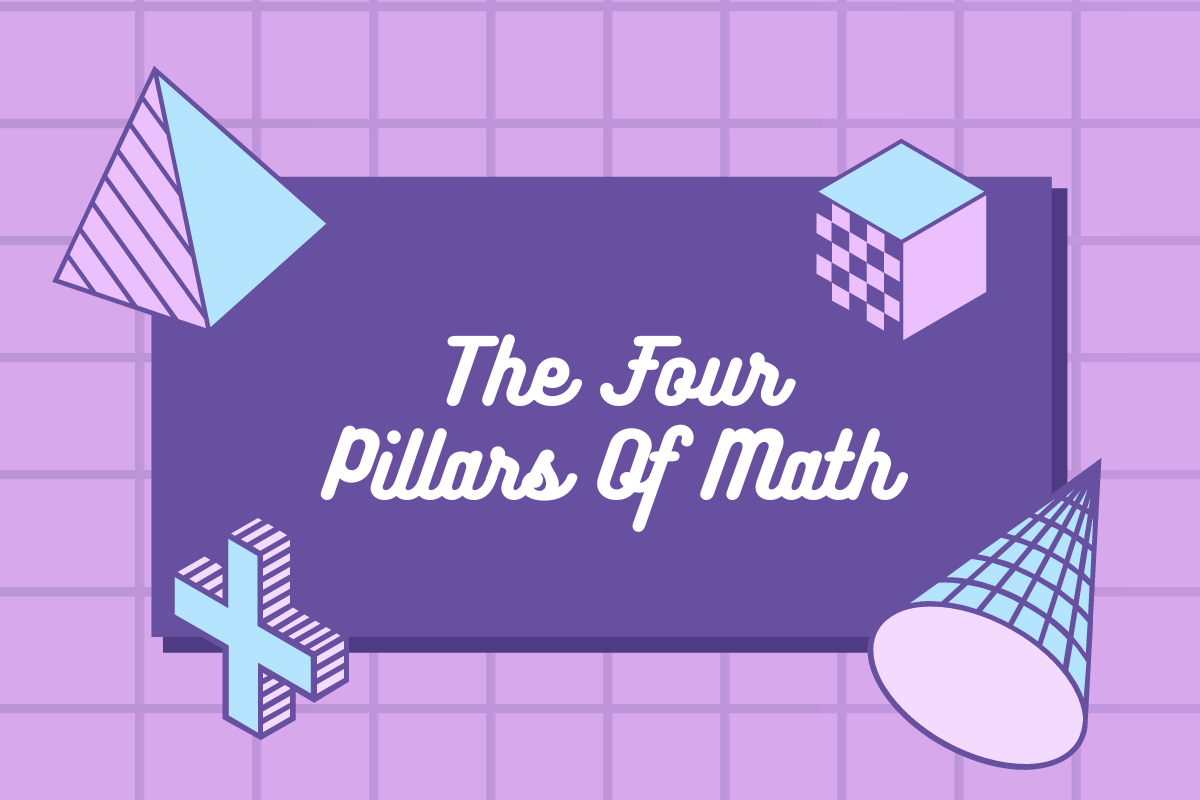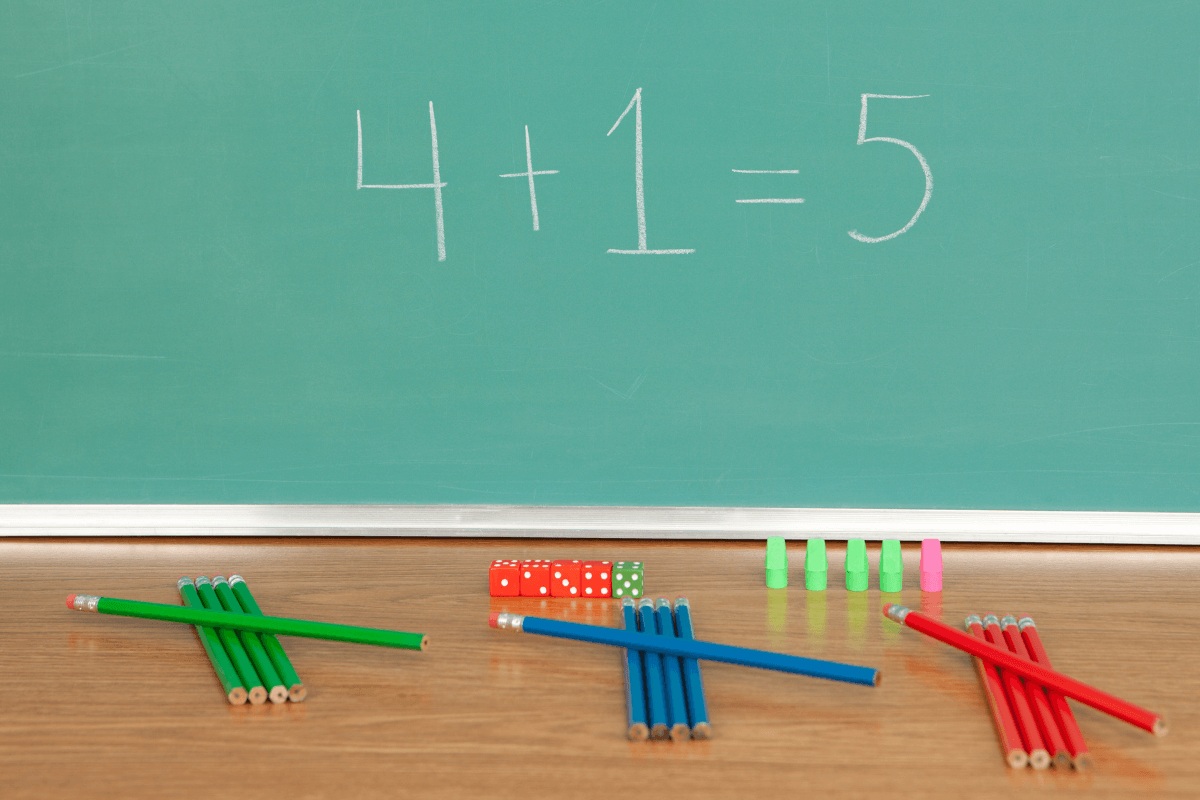The Four Pillars of Math are four concepts that are essential for students to understand in order to be successful in math. These pillars are: number sense, operational sense, proportional reasoning, and algebraic reasoning. By mastering these four fundamental concepts, students will be able to solve any problem they encounter in math. In addition, the […]



